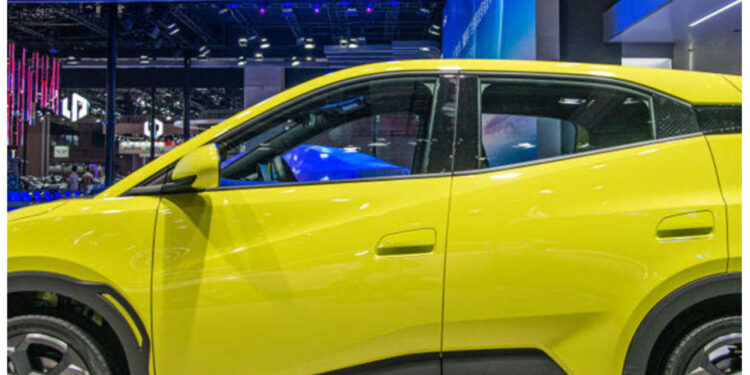President Joe Biden will announce new duties on Chinese electric vehicles, semiconductors, batteries, solar cells, steel, and aluminum on Tuesday. EV tariffs will increase to 100%, quadrupling the existing 25% tariff, according to a person familiar with the tariffs.
This is the Biden administration’s latest attempt to prevent China from undercutting US companies and jeopardizing US industrial employment. Without going into detail regarding the policy change, national security adviser Jake Sullivan stated that the tariffs were designed to offset the threat posed by China’s business practices.
“It’s no secret that the president and this entire administration have been concerned about unfair practices by the Chinese that harm American workers and businesses, the issue of overcapacity, and the ways in which China has put in place a series of non-market, distorting practices in strategic sectors,” Sullivan told reporters at the White House on Monday.
For the time being, the decision regarding the EV tariff is primarily symbolic. Chinese EVs account for only a small portion of the EV market in the United States, but China’s overall exports have increased by 50% in the last two years. China is creating EVs that cost a fraction of what American automakers charge, and they are getting rave reviews.
BYD, the world’s largest EV maker, has unveiled the Seagull, which, according to the Associated Press, “drives well and is put together with craftsmanship that rivals U.S.-made electric vehicles that cost three times as much.” It costs roughly $12,000 in China, with a shorter-range version priced at less than $10,000.
The new tariff, which drastically raises Chinese EV pricing, may relieve some pressure on automakers and the United Auto Workers, which supported Mr. Biden’s reelection effort in January, much later than in 2020. One of the sticking issues was the president’s push to shift the economy to electric vehicles, which the union worried would harm workers. In accepting the endorsement, Mr. Biden committed not to abandon American auto workers.
“China is determined to dominate that market, with EVs predominantly made in China and Chinese jobs,” he stated. “The previous administration was content to sit on the sidelines and let China take all these jobs, but I won’t let that happen.”
He stated that “companies transitioning to new technology should retool, reboot, and rehire in the same factories in the same communities with comparable wages, and existing union workers should have the first shot at those jobs.”










